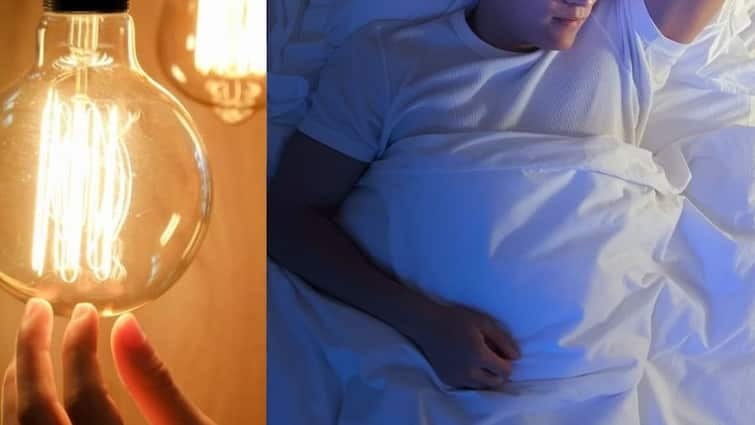
Often people who work or study till late night keep the lights on in their room till late. This habit may seem normal, but according to a new study, sleeping with the lights on at night can be dangerous for your health, especially increasing the risk of type 2 diabetes.
A recent study published in June 2024 showed how how you sleep at night can affect your risk of diabetes. The study, conducted by researchers at Australia's Flinders University, was published in The Lancet Regional Health-Europe journal.
“We found that exposure to bright light at night increases the risk of developing type 2 diabetes,” Dr. Andrew Phillips, lead author of the study and an associate professor in the university’s College of Medicine and Public Health, said in a press release. “We found that exposure to bright light at night increases the risk of developing type 2 diabetes.”
Dr. Andrew Phillips said that exposure to light at night can disrupt our circadian rhythm, leading to changes in insulin secretion and glucose metabolism. These changes affect the body's ability to control blood sugar levels, which can ultimately lead to the development of type 2 diabetes.
How was the study conducted?
To determine whether exposure to light between 12:30 p.m. and 6 a.m. increased participants' risk of diabetes, researchers analyzed data from nearly 85,000 people and 1.3 million hours of light sensor data. These participants did not have type 2 diabetes when the study began. Researchers followed these participants to see who developed the disease, with follow-up continuing for about nine years. It is believed to be the largest study of its kind to date.
expert opinion
Associate Professor Phillips said the results showed that exposure to bright light at night increased the risk of developing diabetes and a dose-dependent relationship was found between light exposure and risk. The results of our study suggest that reducing light exposure at night and keeping the sleep environment dark could be a simple and inexpensive way to prevent diabetes.
 look news india
look news india